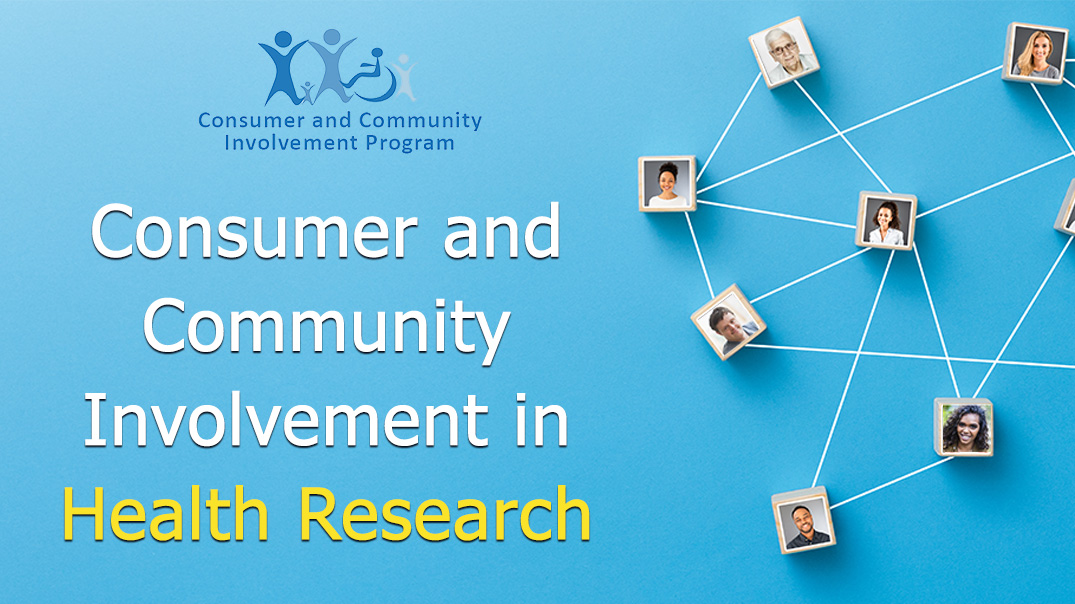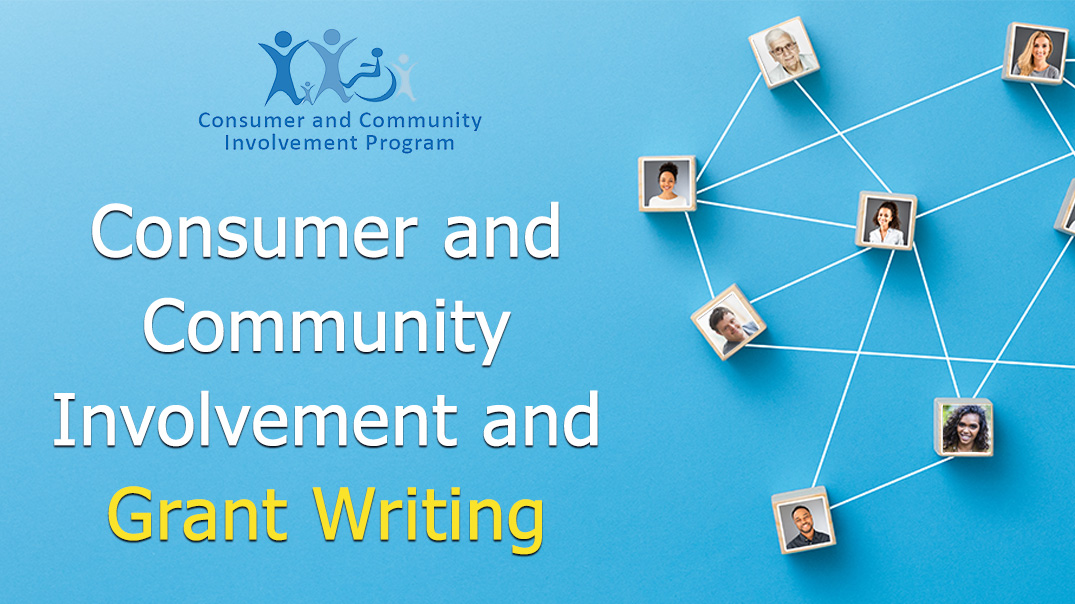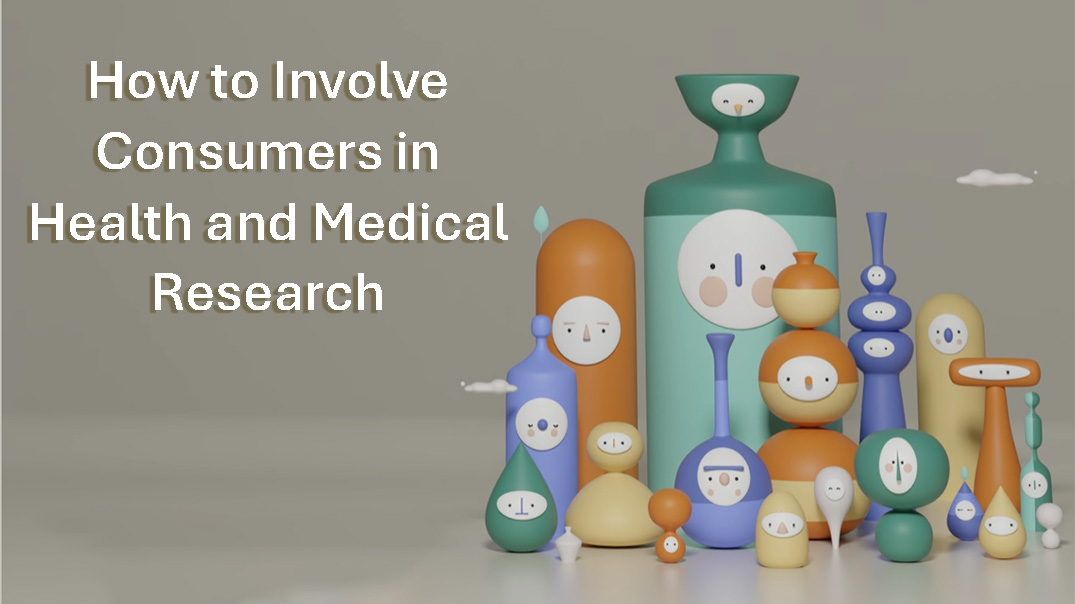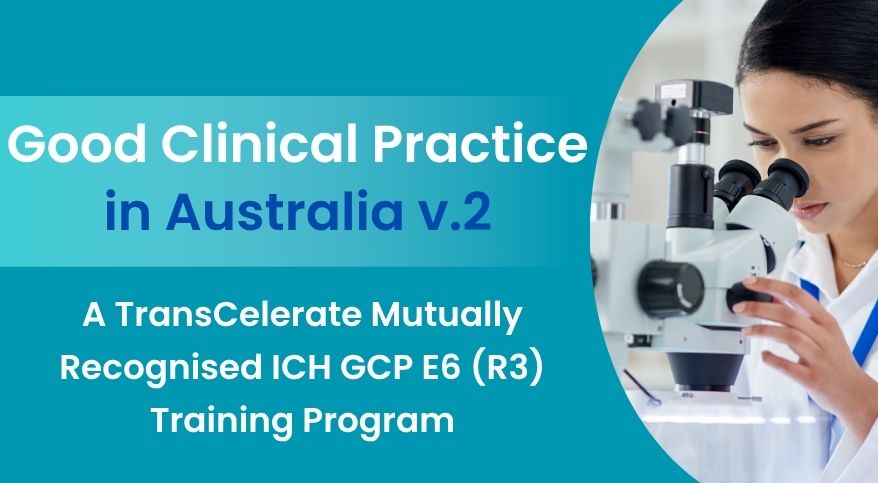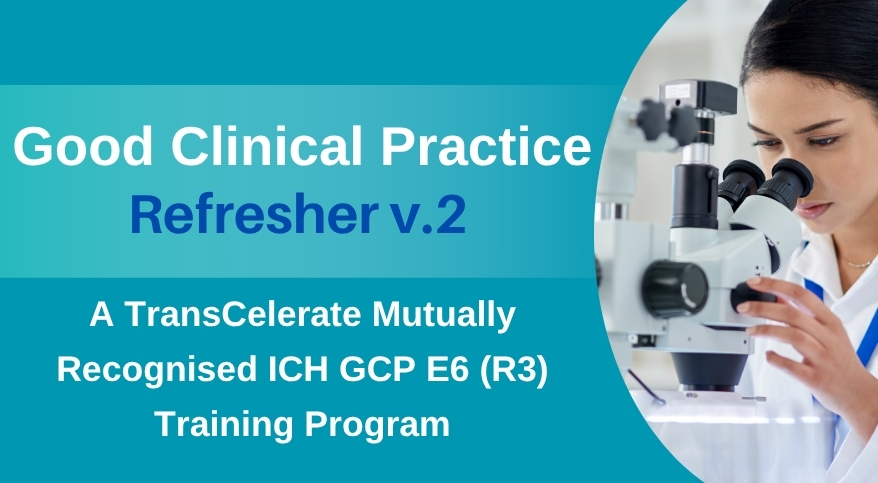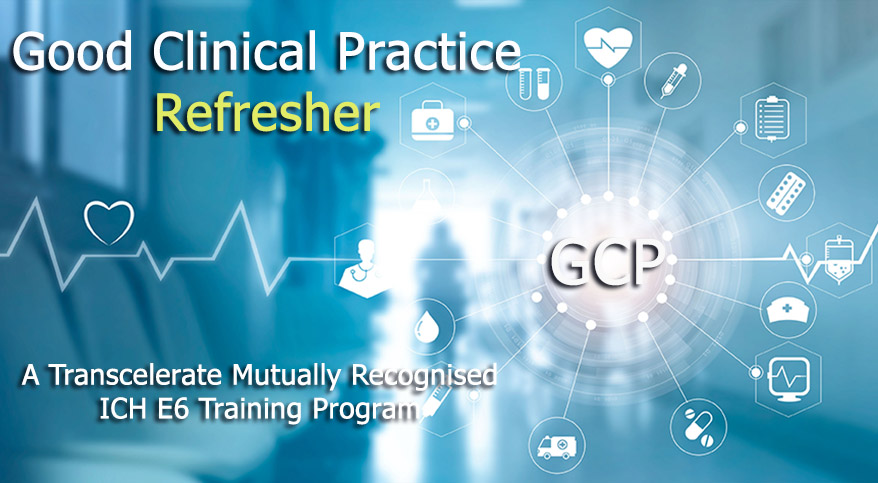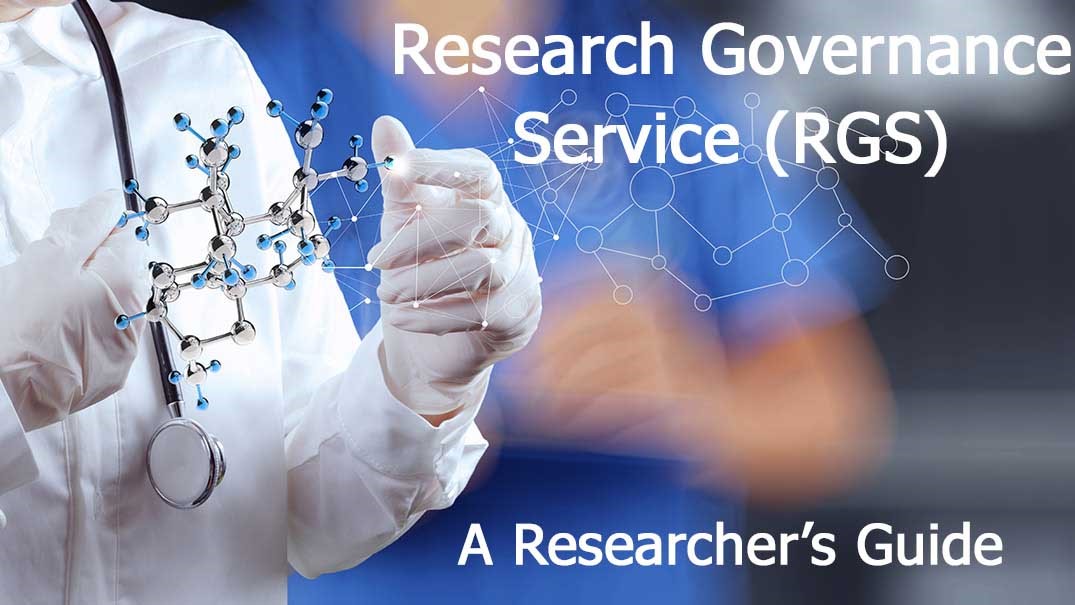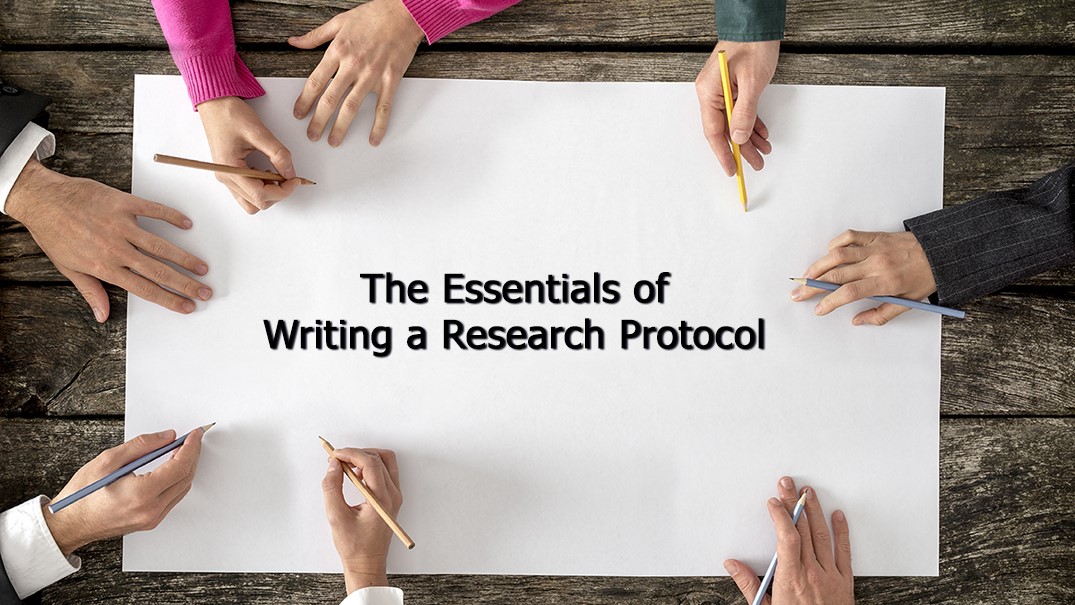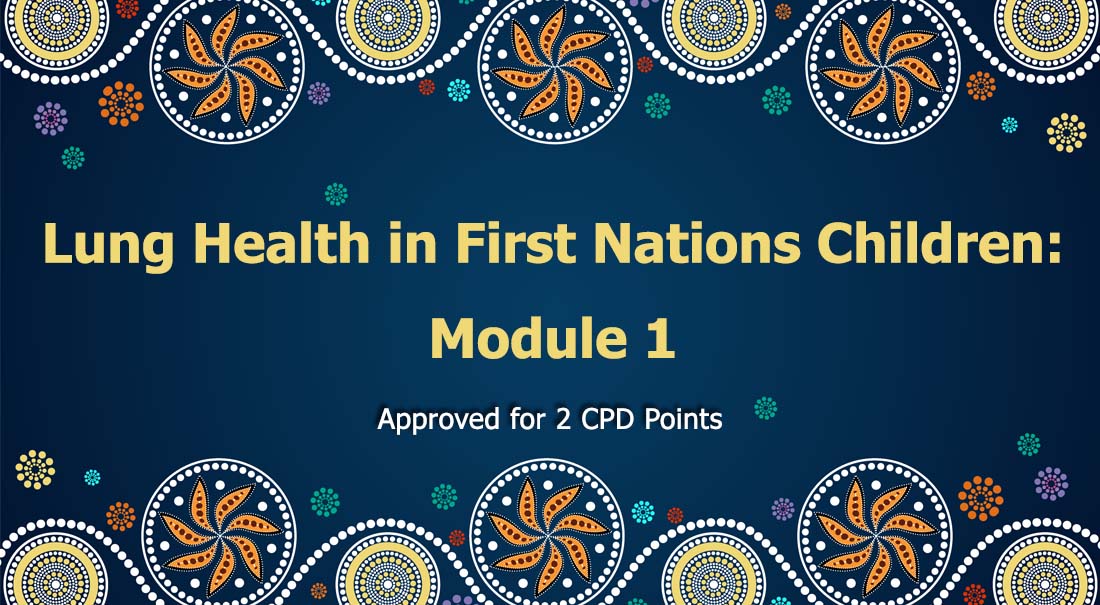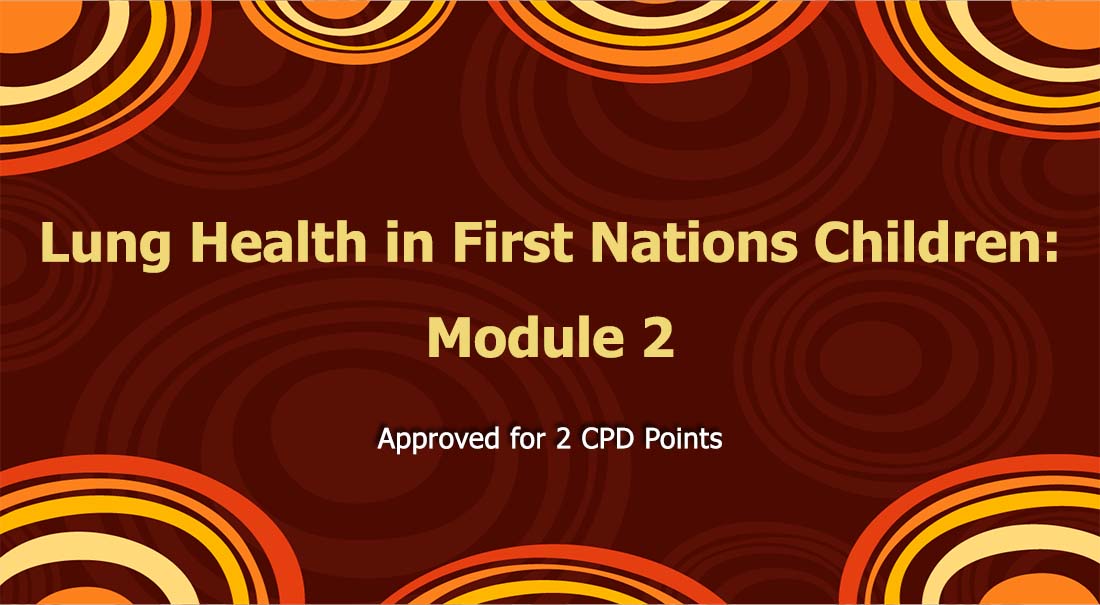
Lung Health in First Nations Children: Module 2
Diagnosis of asthma and the use of spirometry to diagnose respiratory disease.
About This Course
Chronic respiratory disease is prevalent among Aboriginal children but most doctors have never had the opportunity to learn about Aboriginal paediatric lung health or were given the tools to take a respiratory history in a culturally secure way.
This module focuses on the diagnosis of asthma and the use of spirometry to diagnose respiratory disease. This is the second module in a series on Paediatric First Nations Lung Health and builds on the first training module which gives health practitioners the skills to engage effectively with Aboriginal parents when it comes to the respiratory health of their children.

Pricing
Free
WAHTN Partners have free access to this course
Free
Participants from the AHRA partner organisations have discounted access to this course.
Free
Any person from the public can gain access to the course.
Course Objectives

By the end of this course, participants will be able to:
- Take a respiratory history from First Nations families in a culturally appropriate way.
- Describe basic asthma pathophysiology, symptoms, and other conditions that mimic asthma.
- Interpret basic spirometry and make an appropriate diagnosis.
- Mitigate common issues in spirometry and apply quality control

Feedback From Participants
"Loved the way it was laid out, very easy to understand, excellent information."
"Interactive and well presenting. The information presented is relevant and succinct."
"Statistics and explanation around cultural barriers for those that don’t work in this environment."
"Format was easy to follow and engaging. Cultural learning was applicable to all areas of health not just respiratory health."
"Flowed well, easy to navigate."
"Presentation and explanation cultural content many non Aboriginal clinical staff do not consider."

